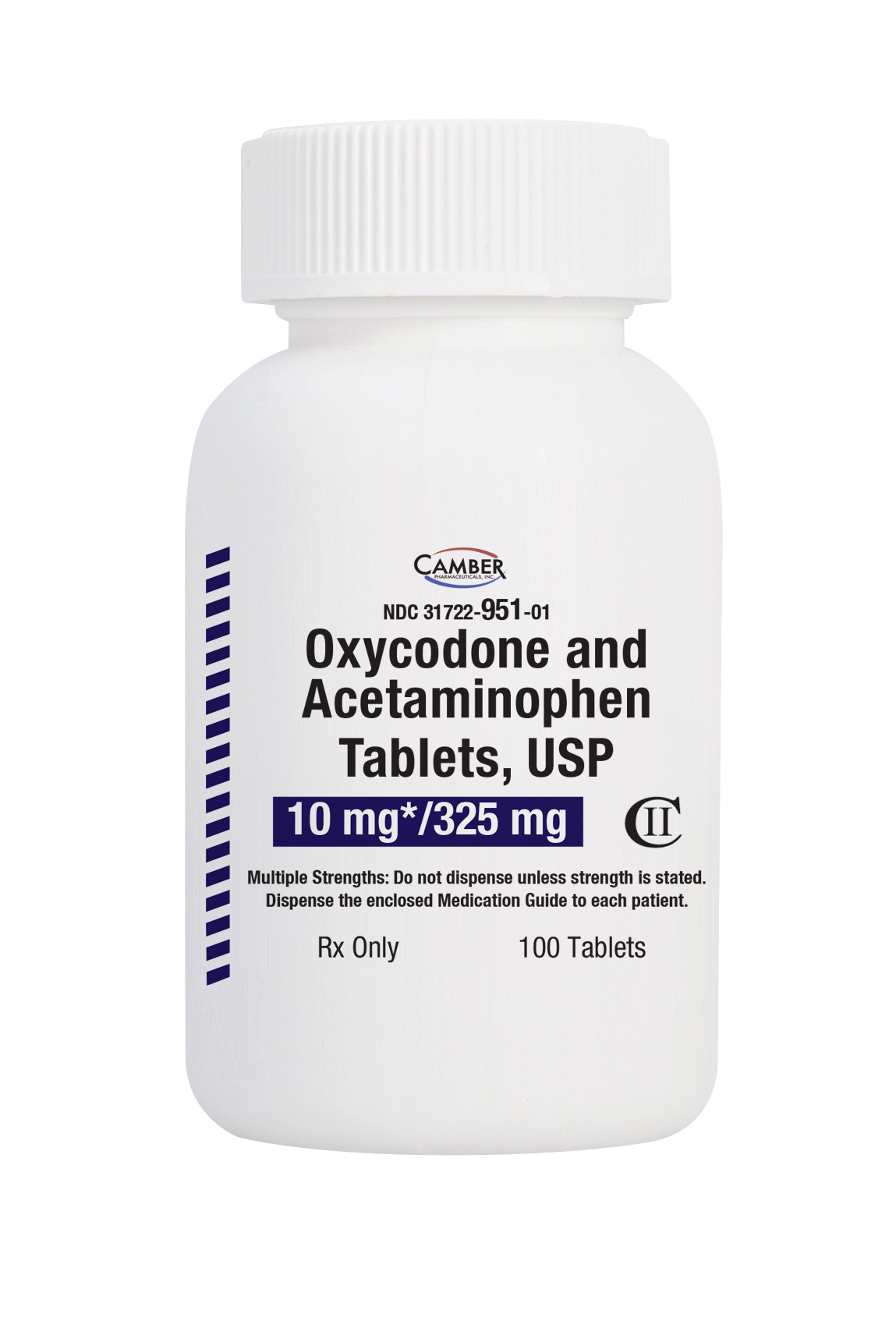Ideal Practices for Buying Oxycodone Online from Reputable Suppliers
Ideal Practices for Buying Oxycodone Online from Reputable Suppliers
Blog Article
Understanding Into the Legitimate Utilizes Related To Oxycodone Usage
From offering relief to cancer clients fighting extremely painful pain to helping in post-surgical recuperation, the applications of oxycodone are impactful and far-reaching. Comprehending the nuanced circumstances in which this medication is appropriately made use of sheds light on the elaborate balance between its dangers and benefits, motivating a deeper exploration into the globe of pharmaceutical treatments in handling severe discomfort.
Discomfort Management in Cancer Patients
Pain management in cancer cells patients is a vital element of their overall care and therapy programs. Individuals battling cancer cells often experience varying levels of discomfort, which can considerably impact their lifestyle. Effective discomfort monitoring not just reduces physical discomfort yet additionally resolves the emotional and psychological toll that chronic pain can handle individuals.
Cancer cells pain can stem from the disease itself, such as lump growth pressing on organs or nerves, or as a side result of treatments like radiation, radiation treatment, or surgical treatment - Buy Oxycodone online. It is important that doctor utilize a multidisciplinary approach to discomfort administration in cancer individuals, tailoring interventions to attend to the certain type and source of discomfort experienced by each person
Therapy choices might include pharmacological interventions like opioids, non-opioid analgesics, and adjuvant medicines, along with non-pharmacological strategies such as physical treatment, acupuncture, and cognitive-behavioral therapy. The objective of pain administration in cancer people is not only to decrease discomfort levels yet additionally to boost general functioning and top quality of life during the course of their ailment.
Post-Surgical Pain Alleviation
Complying with procedures, efficient management of pain and promoting recuperation are important aspects of person care. Post-surgical discomfort relief plays an essential duty in making sure patients' comfort and promoting their healing process. Oxycodone, a powerful opioid analgesic, is commonly recommended for handling modest to severe pain following surgical treatment.
Post-operative discomfort can impede a person's capacity to relocate, breathe deeply, and engage in necessary tasks for recuperation. Oxycodone helps minimize this discomfort by binding to opioid receptors in the mind and back cable, decreasing the perception of discomfort. By giving effective discomfort relief, oxycodone allows individuals to participate in physical therapy, enhance their mobility, and protect against problems linked with inadequate pain control.

Chronic Discomfort Monitoring
Reliable administration of chronic discomfort is important for enhancing patients' top quality of life and capability. Chronic discomfort, lasting for weeks to years, can dramatically affect an individual's daily activities, psychological health and wellness, and overall health. Oxycodone, a potent opioid discomfort medicine, is frequently prescribed to aid handle chronic discomfort conditions such as arthritis, fibromyalgia, and reduced pain in the back when various other treatments have actually proven ineffective.
When made use of sensibly and under close clinical guidance, oxycodone can read offer much-needed check my source alleviation to clients experiencing persistent pain. By targeting the main nerves to modify the understanding of pain, oxycodone can assist people restore movement, engage in physical therapy, and join tasks they delight in. This, consequently, can lead to boosted mood, better rest, and improved overall performance.
It is vital for doctor to carefully analyze each client's pain degree, medical background, and threat elements before suggesting oxycodone for chronic discomfort administration. Routine monitoring and adjustments to the treatment plan are required to make certain the medication's performance while decreasing the danger of reliance or abuse.
Palliative Treatment Use
When taking into consideration the more comprehensive range of treatment past persistent discomfort administration, the application of oxycodone in palliative care setups becomes a topic of significant significance. Palliative treatment goals to boost the lifestyle for clients dealing with serious ailments by addressing their physical, emotional, and spiritual needs. Oxycodone, a powerful opioid analgesic, plays an essential role in palliative care by effectively handling severe pain that usually accompanies sophisticated diseases such as cancer cells, end-stage body organ failing, or sophisticated neurological conditions.
In palliative care, oxycodone is prescribed sensibly and under close guidance to ease upsetting signs and symptoms, advertise convenience, and improve total wellness. The medication is customized to each person's particular demands, ensuring optimum discomfort alleviation while reducing prospective adverse effects. Healthcare carriers in palliative treatment setups function closely with people and their households to develop customized therapy strategies that prioritize sign management and emotional assistance.
Serious Injury Pain Control

Nonetheless, it is vital to stress the importance of using oxycodone properly and sticking purely to recommended does to mitigate the risk of dependency, resistance, and possible damaging results. Doctor must carefully keep an eye on individuals obtaining oxycodone for severe injury discomfort control to ensure its effectiveness hurting administration while reducing the chance of abuse or dependency. By integrating oxycodone into a comprehensive discomfort administration technique customized to the specific demands of the individual, health care specialists can enhance treatment results and assist in a smoother recovery process from extreme injuries.
Final Thought
In conclusion, oxycodone serves as an important device in discomfort monitoring for different medical conditions such as cancer cells, post-surgical healing, persistent pain, palliative care, and extreme injuries - Buy Oxycodone online. Its efficiency in supplying relief to clients experiencing severe discomfort has been well-documented. When used suitably and under medical supervision, oxycodone can significantly improve the quality of life for people dealing with incapacitating discomfort
By supplying effective discomfort relief, oxycodone enables individuals to participate in physical treatment, enhance their movement, and stop problems linked with insufficient pain control.
Oxycodone, a powerful opioid pain drug, is typically recommended to help manage persistent pain problems such as joint inflammation, fibromyalgia, and lower back pain when various other treatments have actually proven inefficient.
Oxycodone, a potent opioid analgesic, is efficient in providing alleviation from severe discomfort by acting on the central worried system to change my link the assumption of pain. Healthcare companies must closely check patients obtaining oxycodone for extreme injury discomfort control to ensure its efficacy in discomfort administration while reducing the probability of misuse or addiction.In final thought, oxycodone offers as an important device in discomfort management for numerous medical conditions such as cancer cells, post-surgical recuperation, persistent pain, palliative treatment, and serious injuries.
Report this page